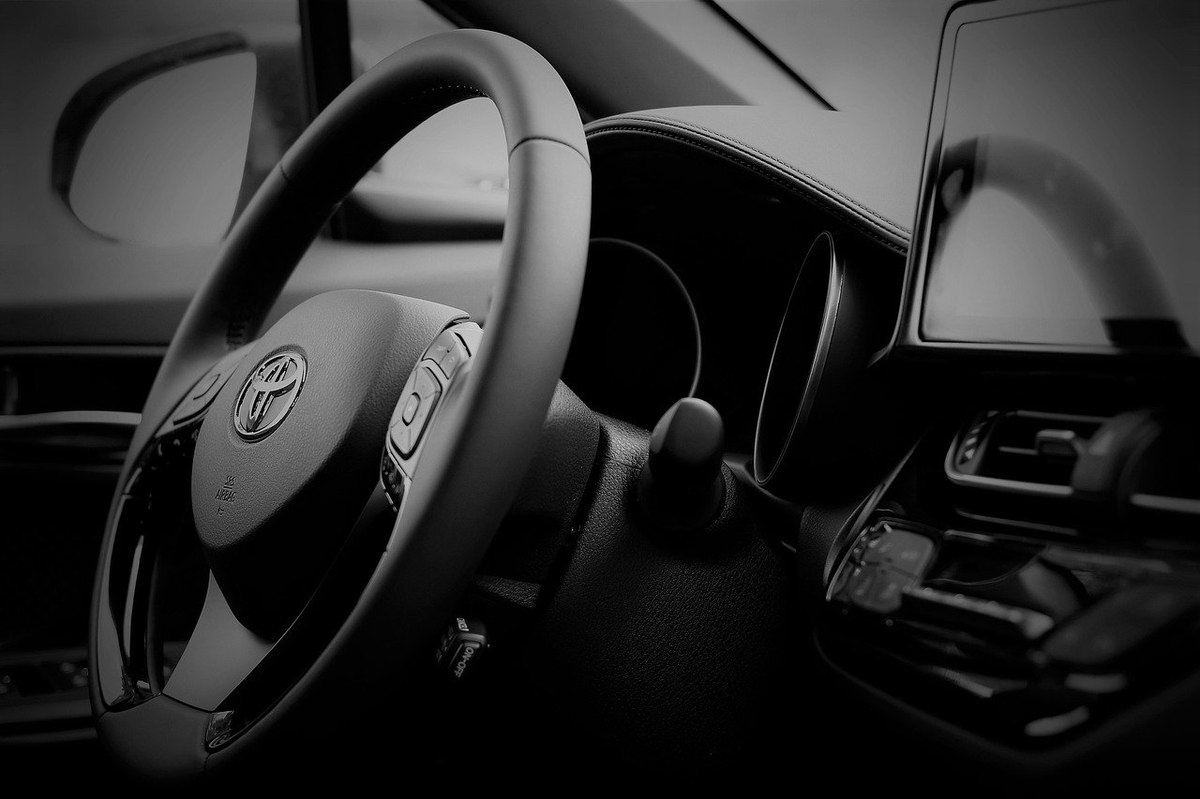Data from new YouGov’s ‘Indonesia next-gen car outlook 2025’ report reveals that Japanese car brands remain the undisputed leaders in perceived quality and value among Indonesian consumers, with 90% rating them as “good quality” and 83% calling them “good value for money.” German brands follow closely behind, while British, American, and South Korean manufacturers sit mid-tier in consumer perception.
The report also shows strong near-term buying momentum. 43% of Indonesians expect to buy a car within the next three years, including 17% who plan to do so within the next 12 months. Petrol remains the most likely option (49%), though interest in hybrid (21%) and electric vehicles (12%) is considerable.
A market in transition as emerging brands gain visibility
Even with Japan’s continued dominance, the market is shifting. 81% of Indonesians can now name at least one emerging car brand, led by Wuling (55%) and BYD (39%), followed by Chery (22%) and BYD Denza (17%). Awareness drops significantly beyond the top four, indicating early-stage differentiation among newer players.
Awareness is even higher among near-term car buyers: those planning to purchase a vehicle within the next three years.
Growing openness to new and emerging car brands
Overall, 58% of Indonesians are open to buying from a new or emerging brand, rising to 76% among near-term buyers.
To understand how awareness converts into intent, YouGov examined purchase-funnel conversion rates to see the share of consumers who move from awareness to consideration. Citroën shows the strongest conversion rate (81%), followed closely by Aion (80%) and VinFast (80%), indicating strong resonance among those who recognise these brands.
Even though Wuling has the highest overall awareness, its conversion rate (77%) suggests that strong visibility does not always translate proportionally into consideration. This highlights early competitive nuances among emerging brands.
What’s driving and limiting the appeal of emerging brands?
Among Indonesians aware of emerging brands, good fuel economy (57%), advanced technology (52%), safety features and sustainability (46% each) are the key motivators.
However, there are concerns. Cost (50%), resale value (47%), poor technology features (42%) and reliability issues (39%) are the biggest barriers preventing near-term buyers from choosing new brands. Men are more likely than women to consider cost (58% vs 40%) and resale value concerns (50% vs. 42%) when evaluating emerging car brands.
These findings highlight a trust gap that emerging automakers must close to convert growing interest into purchase intent.
Download the full report here.
Methodology
The insights in this report were sourced via YouGov Surveys: Serviced – providing rapid answers from the right audience. The survey was conducted online between September 17 – October 10, 2025 among 1,003 respondents in Indonesia.
